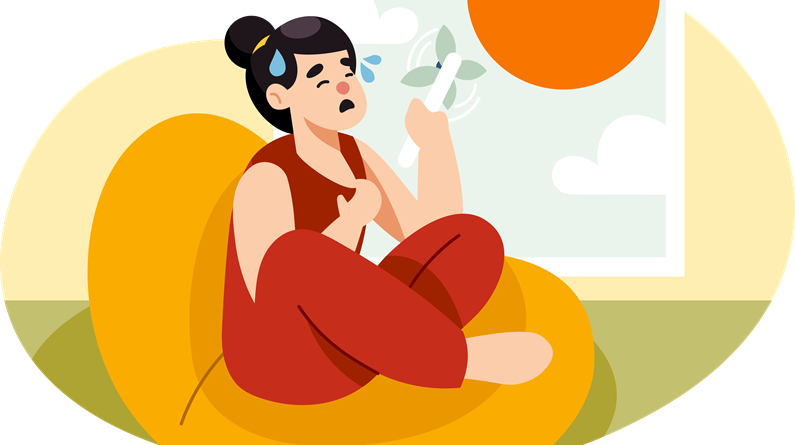The Sweat Facts: Understanding Your Body’s Cooling System
Sweat is a natural process that helps regulate our body temperature. But how much do we really know about sweat? Let’s dive into some interesting facts about sweat and its role in our body.
How Sweat Works
When our body temperature rises, the hypothalamus sends a message to our sweat glands to produce sweat. Sweat is released through tiny holes in our skin called pores, and when it evaporates, it cools down our body.
Sweat Glands: The Unsung Heroes
Our body has around 2-5 million sweat glands spread across our skin. There are two types of sweat glands:
1. Eccrine Glands: Produce watery sweat containing salt, protein, urea, and ammonia. These glands are responsible for regulating our body temperature.
2. Apocrine Glands: Located in our armpits, groin, and breast area, these glands produce a milky sweat that’s often associated with body odor.
The Smell of Sweat
Pure sweat is odorless. The smell we associate with sweat is actually caused by bacteria that break down the sweat into fatty acids. These bacteria thrive in warm, moist environments, which is why our armpits and groin area are more prone to body odor.
What Triggers Sweat?
Sweat can be triggered by various factors, including:
1. Exercise: Eccrine glands produce sweat to cool down our body during physical activity.
2. Spicy Food: Capsaicin in spicy food can trick our brain into thinking our body temperature is rising, triggering sweat production.
3. Food Allergies: Some food allergies and intolerances can cause our body to produce sweat.
4. Alcohol Consumption: Excessive alcohol consumption can increase our heart rate and dilate blood vessels, leading to sweat production.
Interesting Sweat Facts
1. Sweat and Body Size: Larger bodies produce more sweat.
2. Sweat and Age: Body odor can worsen with age, with researchers detecting a characteristic grassy and greasy odor in people over 40.
3. Antiperspirants and Deodorants: Antiperspirants minimize sweat production, while deodorants mask the smell of sweat.
4. Sweat and Genetics: The amount of sweat we produce is influenced by our genes.
Conclusion
Sweat is a natural process that helps our body regulate its temperature. By understanding how sweat works and what triggers it, we can appreciate the importance of this often-overlooked bodily function.
References:
https://www.healthline.com/health/sweat-what-is-it#2
https://www.piedmont.org/living-better/7-fun-facts-about-sweat
https://www.sweatblock.com/sweating-facts/

